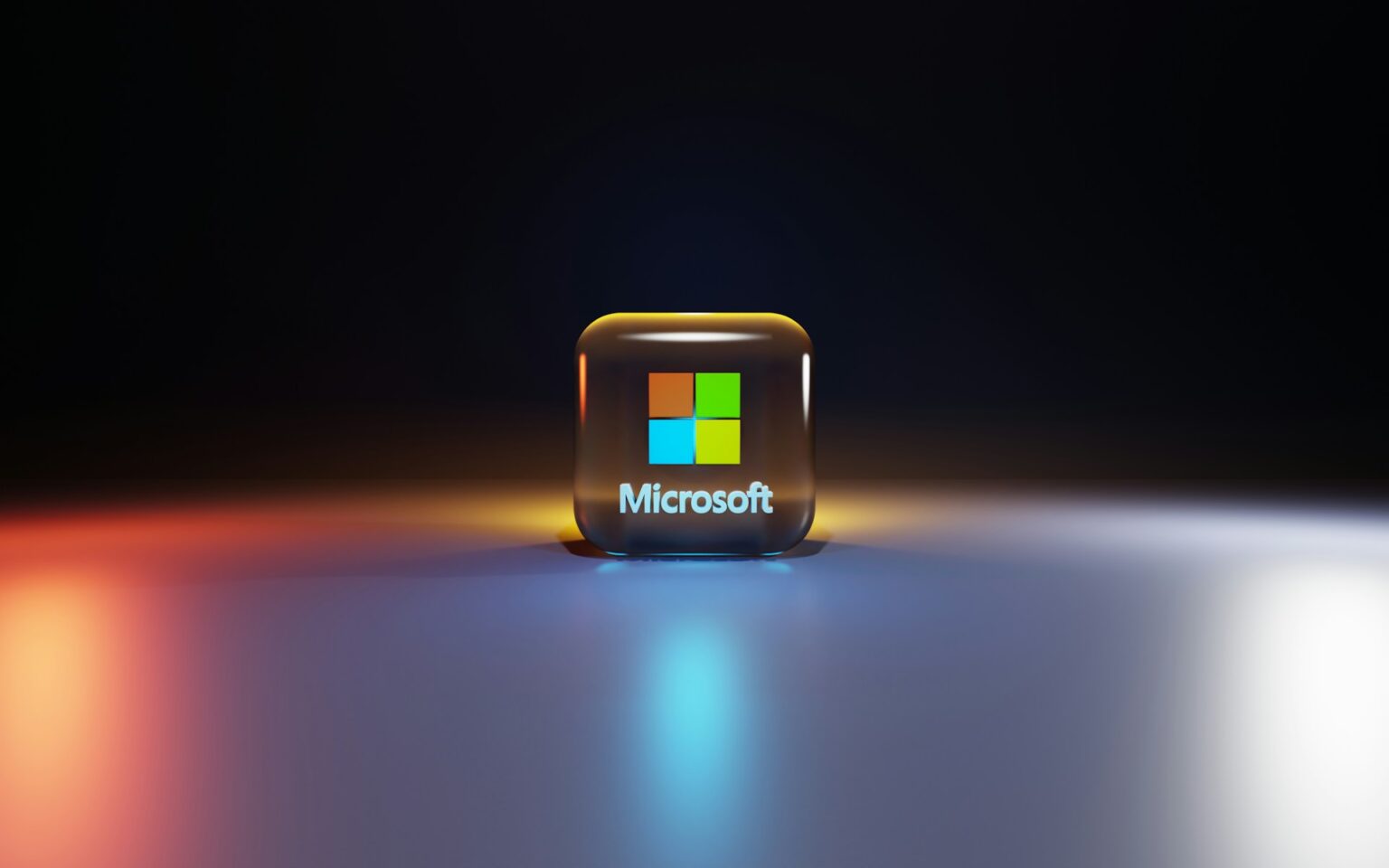Microsoft Corporation is facing a proposed class action lawsuit filed by U.S. consumers who claim the company’s multi-billion-dollar partnership with OpenAI violated federal antitrust law by restricting competition and inflating prices in the fast-growing generative artificial intelligence (AI) market.
The lawsuit, Samuel Bryant et al. v. Microsoft Corp., filed in the U.S. District Court for the Northern District of California (Case No. 3:25-cv-08733), accuses Microsoft of using its exclusive cloud computing agreement with OpenAI to limit the availability of the computational resources needed to operate ChatGPT, OpenAI’s flagship AI product.
According to the complaint, Microsoft’s investment—reportedly exceeding $13 billion—and its exclusive cloud partnership on the Azure platform enabled the company to exert control over OpenAI’s operations in ways that restrained market competition. The plaintiffs, represented by attorneys Yavar Bathaee and Brian Dunne of Bathaee Dunne, allege that this arrangement artificially increased ChatGPT subscription prices and degraded product quality for millions of users.
The complaint further contends that although some of the alleged restrictions have been relaxed, Microsoft continues to hold significant influence over OpenAI, describing this influence as “a sword of Damocles over OpenAI wielded by one of its principal competitors.”
Microsoft issued a statement responding to the filing, saying:
“We believe that our OpenAI partnership promotes competition, innovation, and responsible AI development.”
The company added that it is still reviewing the lawsuit. OpenAI, which is not named as a defendant, declined to comment on the litigation, Reuters reported.
The case also alleges that Microsoft exploited its early agreement with OpenAI to both profit from the company’s success and simultaneously develop its own competing AI products, such as Copilot, which integrates generative AI across Microsoft’s productivity suite.
The plaintiffs claim that during a price war in early 2025, ChatGPT’s subscription prices were substantially higher than those of rival services, allegedly due to the restrictive effects of Microsoft’s control over OpenAI’s computing resources. The restrictions were reportedly eased in June 2025, when OpenAI began purchasing compute power from Google, reducing Microsoft’s exclusive control.
The proposed class seeks damages for alleged overcharges dating back to the launch of ChatGPT in November 2022, as well as an injunction prohibiting Microsoft from reinstating the disputed contractual restrictions.
Microsoft first announced its partnership with OpenAI in 2019, pledging an initial $1 billion investment and a commitment to build advanced AI supercomputing capabilities on Azure. At the time, OpenAI was still structured as a nonprofit, though it has since reorganized as a for-profit entity with capped investor returns.
No appearance has yet been entered for the defendant.
